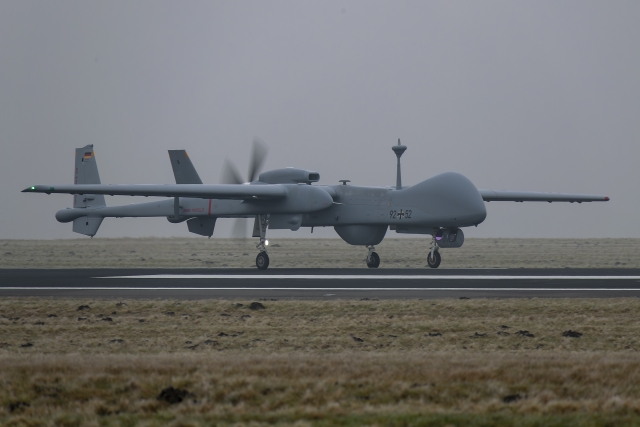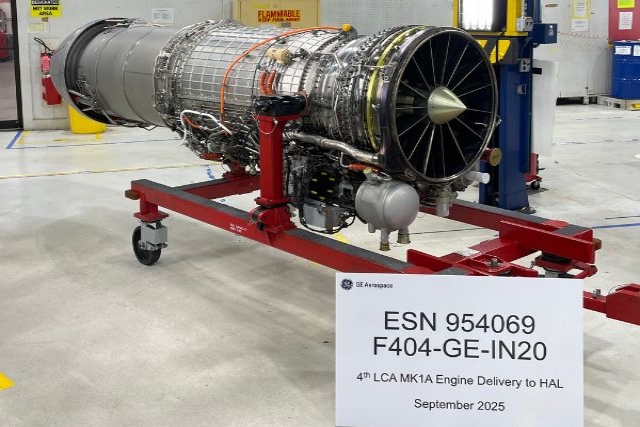European Defence Agency Launches Project to Improve Aircraft Battery Monitoring
European initiative aims to enhance battery reliability for hybrid-electric aircraft and UAVs

The European Defence Agency (EDA) has initiated a research project called BATTAGE to enhance the monitoring and prediction of aircraft battery health, particularly for hybrid-electric aircraft and Unmanned Aerial Vehicles (UAVs).
Led by Italy and involving Belgium, Germany, Greece, and the Netherlands, the three-year project began on February 4, 2025.
The project focuses on structural lithium-ion polymer (Li-Ion/Po) batteries, which not only store energy but also contribute to the structural integrity of an aircraft. This dual function helps reduce overall weight, improving fuel efficiency and performance. By developing Prognostic Health Management (PHM) systems, the initiative aims to extend battery lifespan, enhance reliability, and improve flight safety, particularly for defence UAVs.
BATTAGE involves the creation of an advanced battery management system with integrated sensors, the development of diagnostic algorithms for early anomaly detection, and laboratory testing under realistic operational conditions. The project also seeks to scale PHM systems for full UAV component validation.
Conducted under the EDA’s CapTech Aerial Systems framework, BATTAGE aligns with European defence and aeronautical technology goals, supporting air combat, airborne command and control, and tactical UAV transport. The project aims to achieve a Technology Readiness Level of up to five, indicating a safe and tested system for potential deployment.
Key participants include Italy’s Politecnico di Milano and National Research Council, Belgium’s Centre de Recherche en Aéronautique, Germany’s Aerospace Center, Greece’s University of Patras, and the Netherlands’ Aerospace Centre and Tulip Tech. The research could also have applications in civil aviation and the automotive industry.













